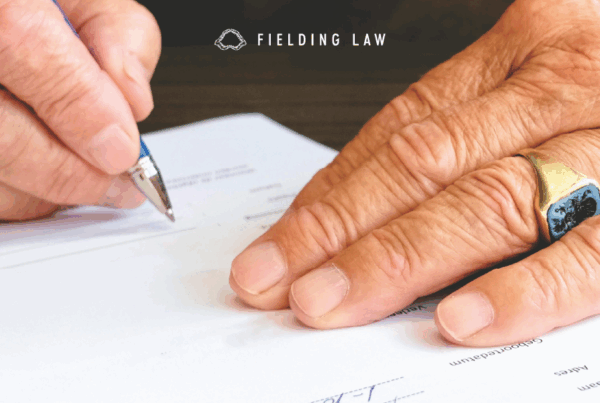When you experience a personal injury, the physical pain is often only part of the challenge. Emotional distress, anxiety, and loss of enjoyment of life are also common, but harder to quantify. This is where pain and suffering damages come in. These damages are meant to compensate you for the non-economic losses you have endured after an accident. But how exactly are these damages calculated?
What Are Pain and Suffering Damages?
Pain and suffering damages cover both physical and emotional pain resulting from an injury. While medical bills and lost wages are relatively easy to calculate, pain and suffering are subjective. Factors such as emotional trauma, the severity of your injuries, and how they impact your daily life all play a role in determining this type of compensation.
Methods Used to Calculate Pain and Suffering
There are two common methods used by insurance companies and attorneys to calculate pain and suffering damages:
Multiplier Method:
- In this method, the total amount of your economic damages, such as medical bills and lost wages, is multiplied by a number ranging from one to five. The multiplier is chosen based on the severity of your injuries. Less severe injuries, like a broken limb, might result in a lower multiplier of one or two. More serious conditions, such as disfigurement or loss of life, could lead to a multiplier as high as four or five.
Per Diem Method:
- A daily rate is assigned to your pain and suffering, and that rate is multiplied by the number of days you have suffered from your injuries.
Factors That Affect Pain and Suffering Calculations
Several factors influence how pain and suffering damages are calculated:
- Severity of Injuries: More severe injuries often result in higher compensation.
- Impact on Daily Life: If the injury prevents you from enjoying life as you once did, it may increase your damages.
- Duration of Recovery: Long-term or permanent injuries usually result in higher compensation.
- Emotional and Mental Distress: Anxiety, depression, or PTSD following an accident can also increase your claim for pain and suffering damages.
Why Are Pain and Suffering Damages Important?
These damages are vital because they recognize the emotional and psychological impact of an accident. While financial losses are crucial to cover, pain and suffering damages acknowledge the full extent of how your life has changed after an injury.
Why Hire Fielding Law?
At Fielding Law, we understand that no amount of compensation can fully undo the pain you have suffered. However, we are committed to helping you receive the maximum compensation for your pain and suffering. Our compassionate and capable team will fight for your rights while providing the support you need during this difficult time. Contact Fielding Law today at 833.88.SHARK for a free consultation. We are here to help you every step of the way.
Note: Information provided is for educational purposes and does not constitute legal advice. Always consult with a qualified attorney for legal concerns.





